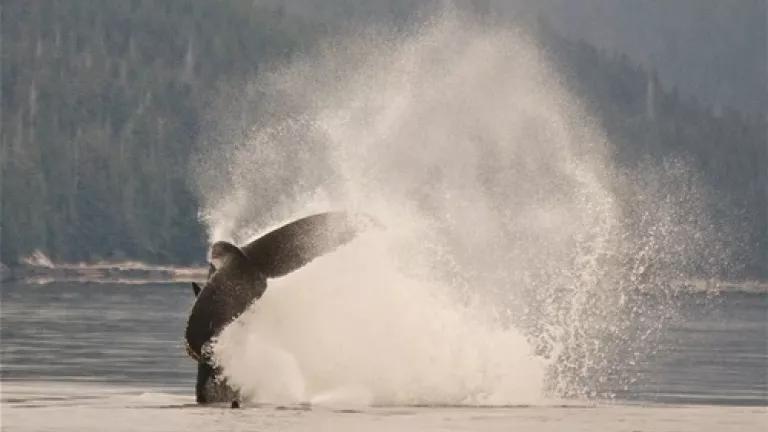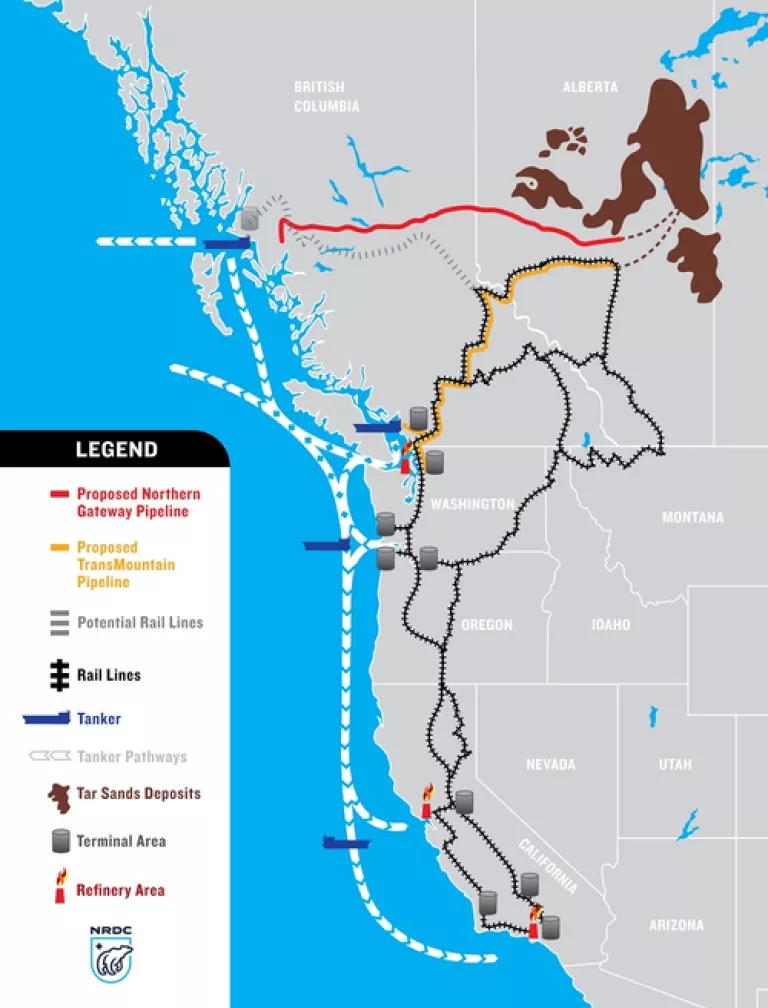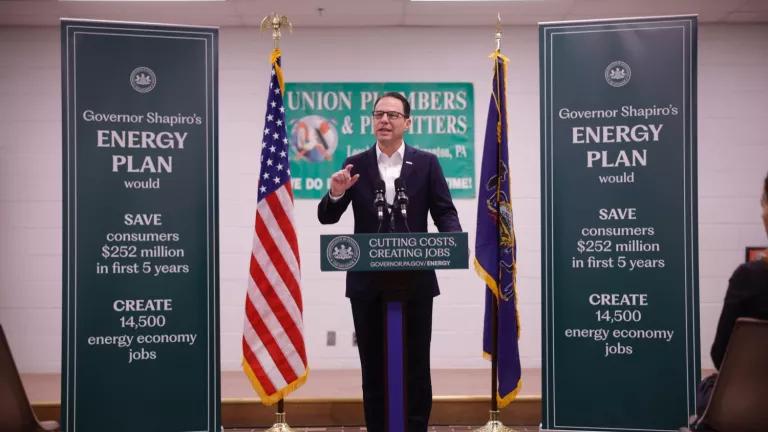Canadian ban on tankers to kill Northern Gateway tar sands pipeline and tar sands by rail to British Columbia

Just one week after President Obama rejected Keystone XL, Canadian Prime Minister Trudeau announced a policy that spells the effective end of another major tar sands pipeline proposal - Enbridge's Northern Gateway pipeline. Northern Gateway would have carried more than half a million barrels of tar sands crude daily through mountains and across critical salmon rivers and coastal rainforests, where it would have been transported by tanker through sensitive marine waters to refineries in California and elsewhere. Trudeau put the final nail in Northern Gateway's coffin last week when he ordered his Minister of Transport to formalize crude oil tanker ban in British Columbia's north coast. Without the ability to load tar sands by tanker in British Columbia's north coastal waters, neither Northern Gateway nor the primary crude by rail route through British Columbia are feasible, eliminating 1.1 million barrels per day of tar sands expansion capacity.
The demise of Northern Gateway - long pitched as an alternative for Keystone XL - demonstrates the fact that the tar sands industry's reckless expansion plan, and all the environmental impacts associated with it, is not inevitable. In fact, Northern Gateway is just the latest example of communities throughout North America standing up to stop tar sands expansion and call for a transition to clean energy.

By announcing a crude oil tanker ban in British Columbia's north coast, Trudeau has brought an end to a battle over a pipeline that lasted even longer that the Keystone XL fight. Enbridge proposed the concept for the Northern Gateway pipeline in 2002 and formally announced the project in 2005. Over 130 First Nations, who depend on the lands and waters of the region through which Northern Gateway and the tankers would have passed for their culture, the health of their communities and their livelihoods, opposed the project.
"Our Nations are the wall this pipeline will not break through. Our lands and waters are not for sale, not at any price. We want no part of Enbridge's project and their offers are worthless to us when compared to the importance of keeping our lands, rivers and the coast free of crude oil spills. What Enbridge is offering is the destruction of our lands to build their project, and the risk of oil spills for decades to come which could hurt everyone's kids and grandkids." -- Chief Larry Nooski, Nadleh Whut'en First Nation, member Nation of the Yinka Dene Alliance, 2011
In March 2010, the Coastal First Nations, an alliance of First Nations on the North and Central Coast of British Columbia and Haida Gwaii, declared their opposition to tanker traffic stating:
"...in upholding our ancestral laws, rights and responsibilities, we declare that oil tankers carrying crude oil from the Alberta Tar Sands will not be allowed to transit our lands and waters."
Enbridge's position further deteriorated when corrosion on its Line 6B tar sands pipeline led to a tar sands spill into Michigan's Kalamazoo River in 2010. The 840,000 gallons spill revealed the substantial challenges associated with cleaning up tar sands spilled into water. Emergency responders were surprised to find that the tar sands spilled into the river sank, evading spill response measures that relied on oil floating in water. Costing over $1 billion to clean over the course of over four years, the Enbridge spill would become the most expensive onshore oil spill in U.S. history. Moreover, the Kalamazoo River, which is still contaminated with tar sands, would be a stark reminder of the limitations of cleaning up the heavy oil once it contaminated a water body.
In the aftermath of the Kalamazoo spill, federal regulators found that Enbridge had violated two dozen pipeline safety regulations. In its investigation, the National Transportation Safety Board (NTSB) found that the failure represented a fundamental disregard for safety in the organization, with one Board Member noting:
"It's evident that this accident did not just occur because of corrosion in a pipeline. What this investigation has shown is that this accident was the result of corrosion throughout many vital safety aspects of the Enbridge organization." Robert Sumwalt, NTSB Board Member
In response to the NTSB investigation, British Columbia's Premier Christy Clark condemned Enbridge for its handling of Kalamazoo - adding yet another nail in the coffin of this troubled proposal.
"I think the company should be deeply embarrassed about what unfolded, we saw that in the report. If they think they're going to operate like that in British Columbia - forget it." Christy Clark, British Columbia Premier
In May 2013, the British Columbia government formally opposed the project in comments to the federal review panel. Polling shows that more than two-thirds of British Columbians oppose the Northern Gateway project. In 2014 the port town of Kitimat, the Pacific Coast terminus of Northern Gateway, voted overwhelmingly in opposition to the project in a referendum.
While the Canadian federal government - under then Prime Minister Harper - approved Northern Gateway in June 2014 contingent on 209 conditions, many commentators believed the project was untenable in the face of staunch First Nations opposition - who filed eighteen lawsuits against the project - and as well as general disapproval throughout British Columbia.
Trudeau's ban on oil tanker traffic puts an end to a controversy over Northern Gateway that has lasted nearly fifteen years. Without the use of oil tankers, Enbridge's pipeline to Kitimat is unworkable. It also spells the end of the only proposed only crude-by-rail route for tar sands through British Columbia - Nexen's proposed 550,000 bpd crude by rail terminal in Prince Rupert, one of the only routes where tar sands by rail would have been potentially feasible on a large scale. This is a tremendous victory for First Nations who have been fighting for their communities, livelihoods and way of life. On the heels of the Keystone XL decision, the end of both Northern Gateway and Nexen's Prince Rupert terminal demonstrates the fatal flaw in the argument that tar sands expansion is inevitable. In the face of mounting public opposition, the tar sands industry hasn't succeeded in getting approval for a major pipeline across the border or to the coast since 2008. Communities throughout the U.S. and Canada are asking for a cleaner, healthier future and saying no to tar sands expansion.




